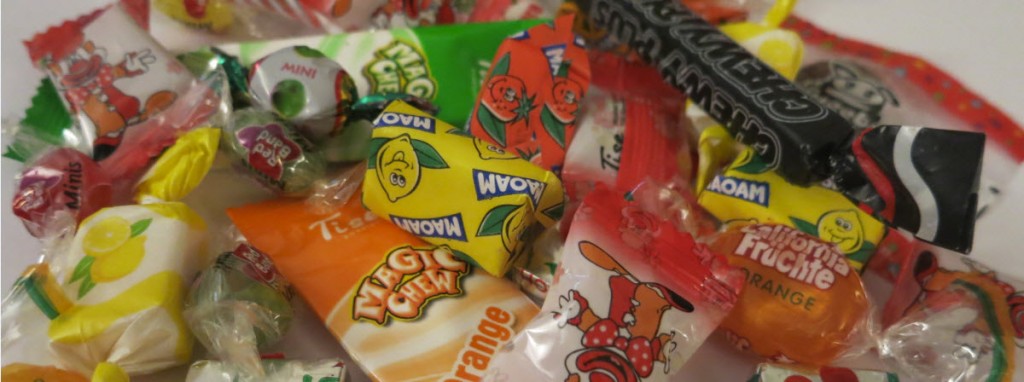Did you know that a portion of breakfast cereal (which is about 30g and hardly fills a small bowl) can contain as much sugar as is recommended as the daily maximum for children from 4 to 8 years? I have to tell you, I was pretty shocked at this realization.

Why did I even investigate this? I have a personal health story that made me very aware of what an unhealthy diet can do to our bodies:
About a year and half ago, the simple act of walking put me into agony and sitting on the floor to play with my kids was unthinkable, my entire body was in pain. My daughter was a cry baby, I was suffering from extreme sleep deprivation and a lot of energy went into breast feeding. With no energy to cook, let alone go shopping for healthy ingredients, we ended up eating processed foods most of the time. You know, the kind of food that tastes ok and is easy to heat up and causes the least amount of tidying up afterwards. After some trial and error I found out that this unhealthy diet was to blame for my pain. Luckily all it took were some simple changes to my diet -mainly cutting out processed foods which automatically cut out lots of sugar and chemicals – and things turned around: I’m pain free and can enjoy playing with my kids again!
Even before this ‘health awakening’ I was conscious of what I gave my son (who was nearly 4 at the time) to eat and to drink but as you might imagine, this personal experience made me dig into the subject of healthy eating even deeper. Cutting out processed foods, soft drinks and fruit juice from our family diet has done a lot in terms of reducing our sugar intake.
We live in Belgium, the country of delicious waffles and chocolate and where pediatricians recommend mixing ‘koekjesmeel’ (cookie powder) into a baby’s fruit puree to add calories from the age of four months. At pre-school parties, preschoolers are allowed to drink coke and other soft drinks without giving it a second thought.
My son, who is now 5.5 years old regularly begs me to allow him to take candy to school in his lunch box. I have stuck to a firm ‘no’ even though Tristan assures me ‘… but mama, ALL the other kids bring sweets in their lunch box’ which I’m sure translates into ‘… there are some kids who bring sweets to school’. At first I was only irritated by the fact that the school allows sweets in the lunch box. It obviously causes jealousy between the children and I always wondered about the effect on the children’s behavior. After all sweets are known to stimulate hyperactivity. On several occasions Tristan mentioned that other kids shared their sweets with him – of course a nice gesture but what does that say about the quantities of sweets that actually make their way into these lunch boxes?
Just recently I came across a short article in a magazine for teachers in the Flemish speaking part of the country which says ‘elementary schools in Brussels and the Flemish part of the country are completely soft-drink and candy free’. I was very happy to hear that the elementary school where Tristan will start in September confirmed this. I strongly believe that for the health of our children, this soft-drink and candy free policy should be implemented in all pre-schools too.
What is your opinion on this subject? Let us know in the comment section below.
Oh and here is some of the background information I found during my research:
- Recommendation of the American Heart Association (AHA): Children ages 4-8 with a daily caloric intake of 1,600 calories should consume no more than 130 calories, or about 3 teaspoons a day.
- 4g of sugar = 1 teaspoon
- A serving of a lot of the cereals marketed to children contains 8 – 12g of sugar or 2 – 3 teaspoons
- 125g of one of my kid’s favourite dairy desserts contains 16g of sugar or 4 teaspoons
- A small sugar waffle covered with chocolate contains 5g of sugar or more than 1 teaspoon
- A standard can of coke (330ml) contains 35g of sugar or 8.75 teaspoons


